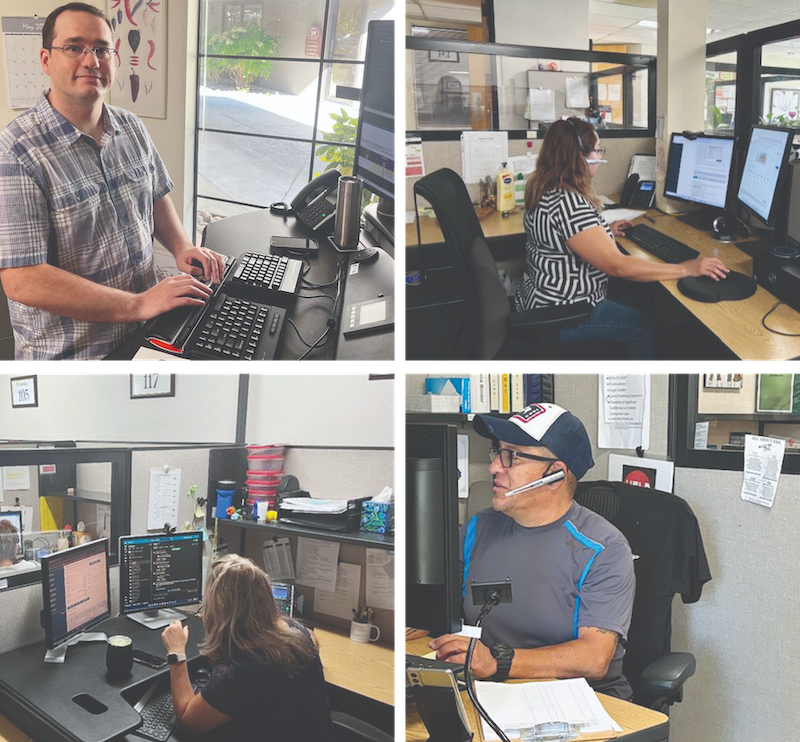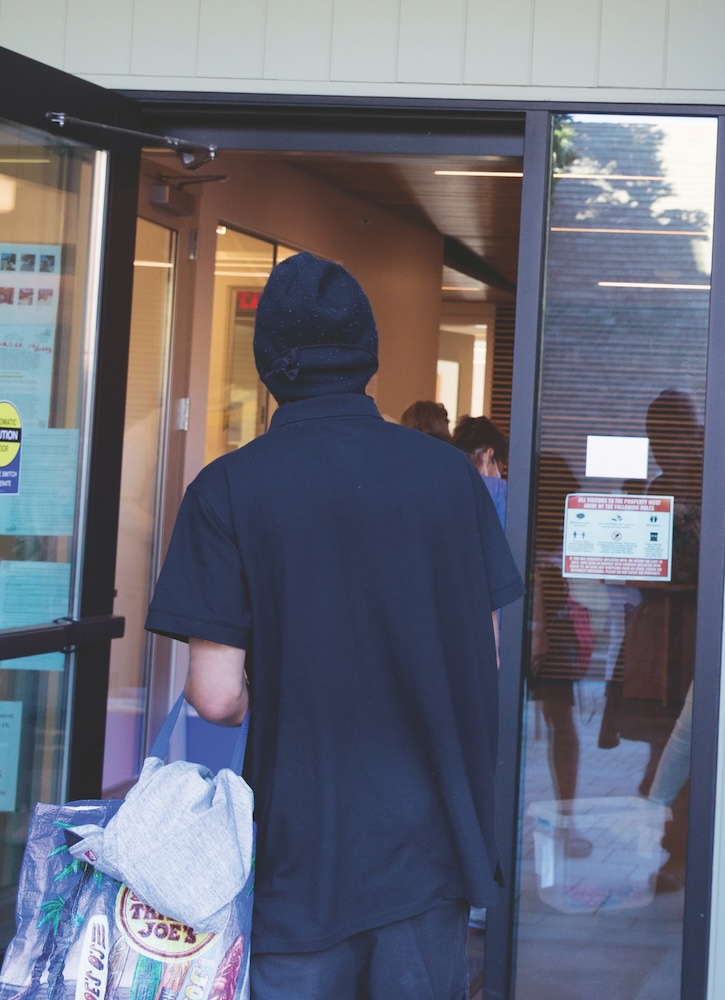Saving Lives One Crisis Call at a Time

At 2 am, the phone rings at the Contra Costa Crisis Center. A 15-year-old boy, voice trembling, reaches out. He has lost his father, his mother is struggling, and he feels utterly alone. On the other end, a compassionate voice answers within 20 seconds, offering not just a listening ear but a lifeline.
Stories like this unfold every day, all day, at the Contra Costa Crisis Center, a ray of hope, serving the community since 1963. For 61 years, the center has been a vital resource, providing free, 24/7 support to anyone in need through their 988 Suicide & Crisis Lifeline and 211 Information and Referral Line. With a dedicated team of 40 staff supervising highly trained volunteers, they handle over 72,000 emotional, heart-wrenching calls annually – a number that continues to rise as more people learn about the help available.

But the Crisis Center is much more than a suicide prevention hotline. It’s a multifaceted support system addressing a community’s wide range of needs during their most desperate times – from mental health support to grief counseling and disaster response, to housing and rental assistance to food insecurity.
“Our main pillars are the crisis lines, the information and referral line, grief support, and outreach,” explains Elaine Schroth, the center’s executive director. “But we’re not just here for those in immediate crisis; we’re here to assist with the everyday challenges that can feel overwhelming.”
The 211 Information and Referral Line is a critical component of this mission. Staffed by trained professionals and volunteers, the line connects callers to a vast database of 800 agencies offering 1,900 programs and services. Whether someone needs a warm bed for the night, help with utility bills, or access to mental health services, the 211 line is a lifeline to vital resources.
“We’re not Google. We’re real people taking these calls,” says Schroth. “We’re here to listen, to understand, and to provide immediate assistance.”
The demand for these services has never been higher. Economic pressures, the lingering effects of the pandemic, and the daily stresses of life have led to a surge in calls. The introduction of the national 988 Suicide & Crisis Lifeline two years ago has further increased the volume, with calls and texts doubling in the past year.
“People are reaching out more than ever, and that’s a good thing,” notes Schroth. “It means they’re finding us, which means they’re getting help.”
However, this increased demand has strained the center’s resources. The 211 line, in particular, is underfunded despite being a crucial resource for the community. Many people are unaware that crises don’t keep business hours, and the need for support extends beyond the typical 9-to-5. “We’re 24/7 because people need us to be,” Schroth emphasizes.
To meet the growing needs, the Contra Costa Crisis Center aims to expand its specialized counseling services (like grief counseling and disaster response) as well as add new programs and specialists in areas such as transportation.
It’s an understatement to say that the Crisis Center saves lives all day, every day. But the unsolicited text they received months after helping that 15-year-old boy, speaks volumes: “I just want you to know I’m alive and I’m doing really well. Ty for saving lives.”
Contra Costa Crisis Center
Donate now!www.crisis-center.org
Executive Director: Elaine Cortez Schroth
(925) 939-1916
Mission
To keep people alive and safe, help them through crises, and provide or connect them with culturally relevant resources in the community, and have since 1963.
Begin to Build a Relationship
We know you care about where your money goes and how it is used. Connect with this organization’s leadership in order to begin to build this important relationship. Your email will be sent directly to this organization’s Director of Development and/or Executive Director.
The John Muir Community Health Fund is so proud to support the work of the Contra Costa Crisis Center and their Contra Costa Services Network (CCSN) Pilot Program. The Crisis Center is innovative, responsive, highly collaborative, and a leader in their field. Supporting the CCSN ensures that providers and community members receive improved access to resources and data — all which can be transformational to health outcomes within the county.
Your Support Helps Keep Hope Alive
The Contra Costa Crisis Center is seeking $500,000 to upgrade essential 211 Information and Referral Line technology and expand crucial crisis services by hiring six additional staff members. This funding will directly impact the Center’s ability to respond quickly and effectively to every call, text, and chat – saving lives and providing critical support to those in need.
Your generous donations ensure that when someone reaches out in their darkest hour, a compassionate voice will always be there to answer.
Key Supporters
United Way Bay Area
John Muir Community Health Fund
Dean & Margaret Lesher
Foundation
Kaiser Permanente
Harry L. and Helen M. Rust
Charitable Foundation
Matthew Perry Foundation
WPW Foundation
Fred Finch Youth & Family Services
San Ramon Valley
Fire Protection District
Leftovers Thrift Shop
Frances McNamee
Robert and Valerie Fulton
Mary Ellen Browning
Memorial Trust Fund
Robert K and Patricia A Dahl
Foundation
Twanda Foundation
William Knapp
Donna and John Warnken-Brill
Andrew and Linda Del Matto
Catherine De Martini
Bonnie Glatzer
Barbara and Anthony Sandoval
Mark Dossa
